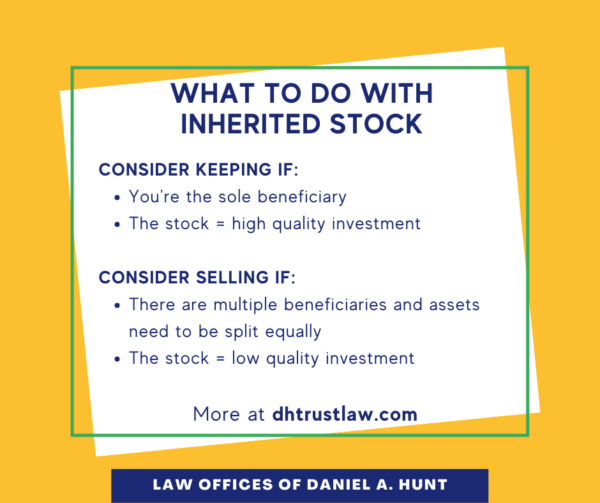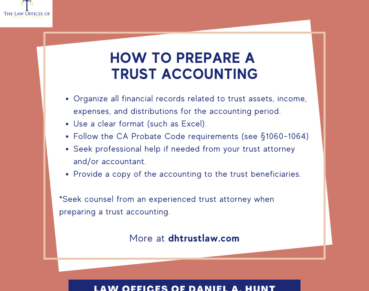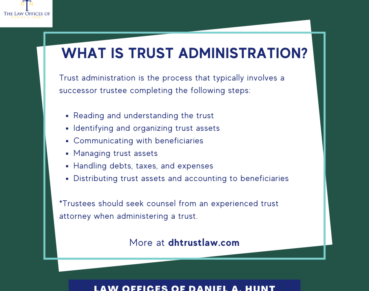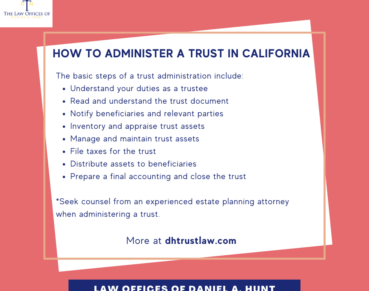What to Do with Inherited Stock

Heirs may inherit a variety of assets after the death of a loved one. If the deceased person owned stock in a company, their estate beneficiaries may need help deciding what to do with inherited stock.
What is Inherited Stock?
An inherited stock is stock that an individual inherits after the original equity holder passes away. The deceased may have received stock options from their employer or invested in the stock market by purchasing direct shares of company stock. However the stock was accumulated, their heirs will need to decide what to do with the inherited stock after they pass away.
Deciding to Keep or Sell Inherited Stock
If you are the sole beneficiary of the stock, consider whether you’d like to keep it as part of your personal investment portfolio or sell it. If the stock is a high-quality investment and has performed well over the past 10 years or so, it may be appropriate to keep.
If the stock is not a high-quality investment, you may choose to sell it. You may also need to sell the stock if there are multiple estate beneficiaries so that the proceeds can be divided equally amongst them.
Calculating Tax Liability
If you plan to sell your inherited stock, you need to understand the tax liability involved, especially for capital gains tax. Here are three key points:
1. Any increase in value that occurs while the original stockholder is alive will not get taxed under a step-up in basis value.
Let’s say your mother purchased 100 shares of Apple stock in 1982. The original sale price was $22 per share for a total value of $2,200. She keeps those 100 stocks until her death in January of 2022. By the time of her death, the Apple stock value is $178 per share for a total value of $17,800. The heirs will not owe taxes for capital gains on the $15,600 increase in value.
2. Inherited stock is valued at the date of inheritance, not the original purchase date.
Inherited stock is not valued at its original cost basis- the price at which the original owner purchased it. When a beneficiary inherits a stock, its cost basis is stepped up to the value of the stock at the date of inheritance. Usually, that’s the decedent’s date of death.
The beneficiary inherits the stock with the adjusted basis value, which will be the reported basis value if the beneficiary later sells the stock.
3. Stock heirs can’t claim a loss for losses incurred while the original owner was alive.
Let’s say a decedent purchased a share of stock for $100, but the stock performed poorly. By the time they died, the stock value was only $25. Their heirs’ cost basis would be $25, and the $75 loss couldn’t be used to offset gains with other investments.
How to Transfer Inherited Stock Post-Death
Those who inherit stock will need to transfer it into their names. If the original stock owner designated a transfer-on-death (TOD) beneficiary for their stock, the beneficiary usually receives those stocks automatically once the holder passes away.
If the stockholder didn’t designate a TOD beneficiary, then the stock will need to be distributed as part of the decedent’s estate. The paperwork required to transfer stock depends on what kind of estate plan the decedent created.
- If they created a trust, the successor trustee needs a copy of the decedent’s Certification of Trust to show their authority to transfer ownership.
- If the decedent only created a will or didn’t have an estate plan and their estate is being probated, then the estate’s personal representative will need to secure Letters Testamentary from the Probate Court or if the value is under the probate threshold, secure a small estate affidavit.
Once the successor trustee or personal representative has obtained the necessary documents, they must send them to a stock transfer agent, who can complete the transfer of ownership.
If you have any questions about what to do with inherited stock, feel free to contact our law firm.
Law Offices of Daniel A. Hunt
The Law Offices of Daniel A. Hunt is a California law firm specializing in Estate Planning; Trust Administration & Litigation; Probate; and Conservatorships. We've helped over 10,000 clients find peace of mind. We serve clients throughout the greater Sacramento region and the state of California.




